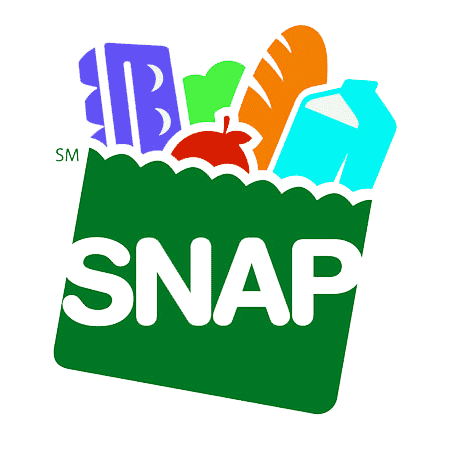Rutgers Cooperative Extension, in collaboration with the New Jersey Office of the Food Security Advocate, is conducting an ongoing, exploratory study to assess barriers to signing up for the Supplemental Nutrition Assistance Program (SNAP) among families participating in free and reduced school meals. This is important because families whose children are eligible for free and reduced school meals are often also eligible for the Supplemental Nutrition Assistance Program (SNAP). However, it is unclear why families do not sign up for SNAP. The Rutgers SNAP Gap Project explores this relationship by centering the voices of residents with lived experience through focus groups that explore the barriers and motivators of families in signing up for SNAP. To build upon knowledge gained in the previous years’ research, this year’s project will also include experimental activities to support promotion of SNAP in schools and reduce barriers of enrollment.
About the Project

Funder OFSA
The New Jersey Office of the Food Security Advocate (OFSA) serves as a unifying force, bringing together resident leaders, food pantries, community kitchens, local organizations, state-designated food banks, lawmakers, state agencies, agricultural partners, and food rescue initiatives. Through collaboration and consensus-building, OFSA is dedicated to creating a future where true food security is accessible to all New Jersey residents.
Purpose
The SNAP Gap Project is an initiative aimed at identifying and addressing barriers to accessing the Supplemental Nutrition Assistance Program (SNAP) for families already enrolled in free and reduced-price school meal programs. A key focus of the project is increasing outreach and ensuring accurate information about SNAP is available. This includes combatting misinformation through partnerships with community organizations and schools, reducing barriers, and encouraging partners to enhance outreach and combat misinformation. Overall, stigma-free, supportive outreach is central to creating awareness about food security, with an emphasis on promoting SNAP in schools. The project also includes school-based efforts to reach families directly (e.g., focus groups, interviews, and surveys). SNAP materials are shared alongside school meal applications and other school communications. Additionally, events with SNAP Navigators at schools provide parents the opportunity to learn about SNAP benefits in a welcoming environment, with options for private assistance and sign-up support.